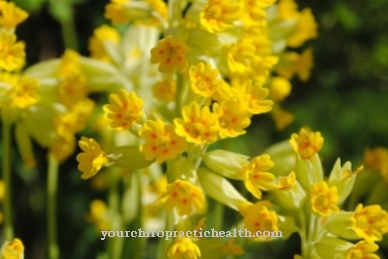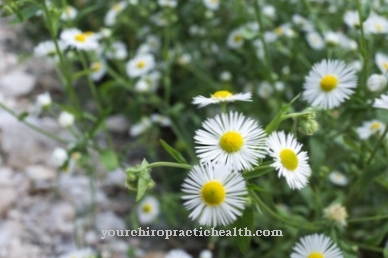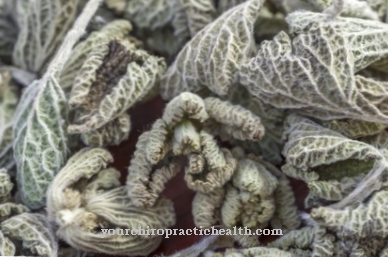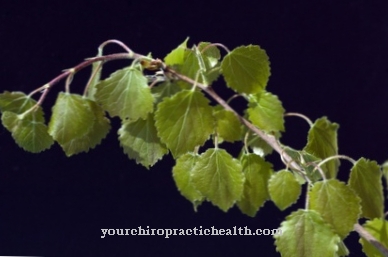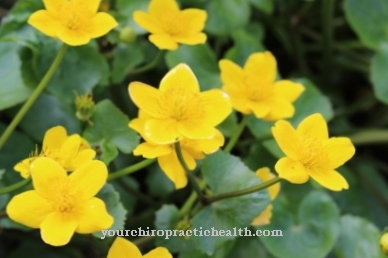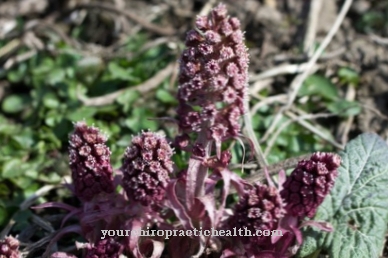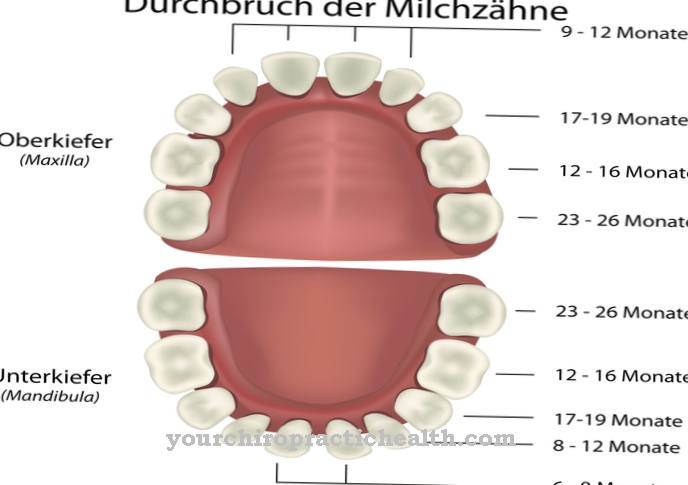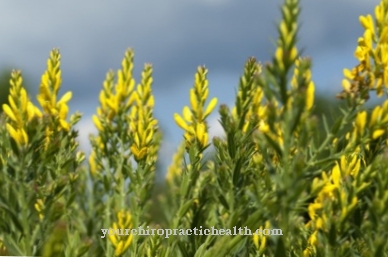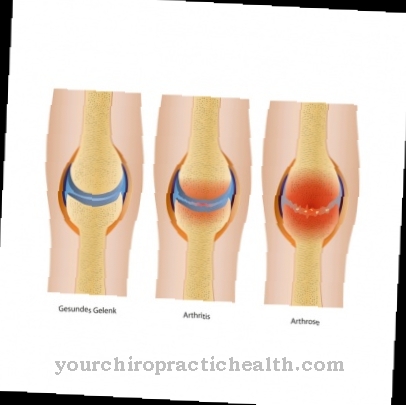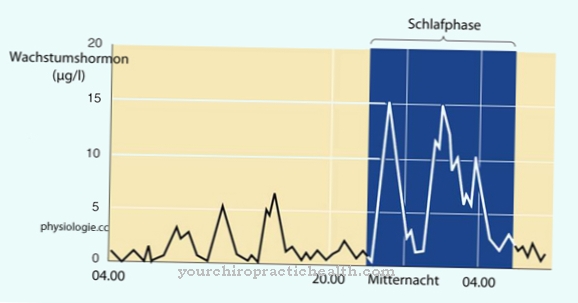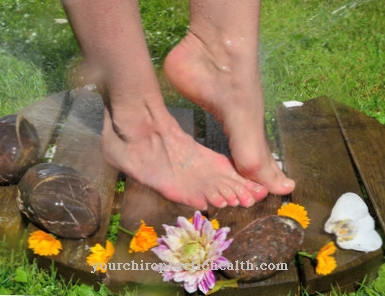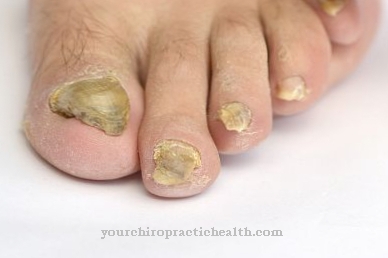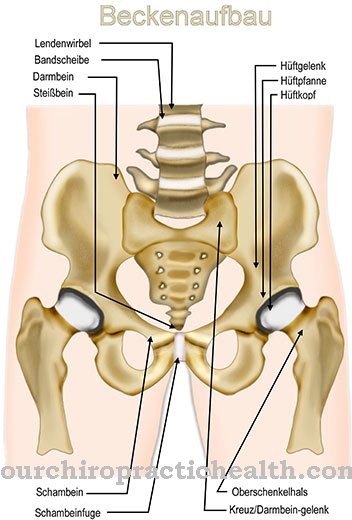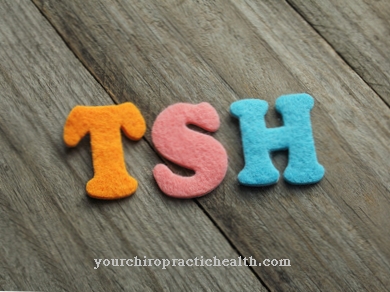ginger is known to us as a spice plant, but it is also very important in medicine. The sharp tuber helps with nausea and the treatment of rheumatic diseases, among other things.
Occurrence and cultivation of ginger

The flowers are yellow and are located in a showy purple stamen. Ginger has been known as a spice plant for thousands of years, and Confucius is said to have seasoned his dishes with it 2500 years ago. Today it is impossible to imagine the shelves without ginger as a spice, especially the Asian cuisine loves and appreciates the spicy tuber. Originally the ginger was still surrounded by a black peel, but we mainly sell the spice peeled.
Effect & application
Ginger has more than 160 different ingredients, including numerous vitamins, iron, potassium, calcium, sodium, phosphorus and essential oils (zingiberol, zingiberen) as well as pungent substances (gingerols and shoagols). The plant is used in aromatherapy for respiratory diseases. The pungent gingerol has a positive effect on the human body, the [6] gingerol is even said to have an anti-carcinogenic (effective against cancer), immunosuppressive (suppresses undesirable reactions of the immune system) and anti-inflammatory effects.
If you have asthma, ginger can likely reduce the severity of the condition. The gingerols inhibit the growth of the bacterium Helicobacter pylori, which is responsible for numerous stomach diseases. During the drying process, the gingerols are turned into shoagols, which promote the production of gastric acid, facilitate digestion and accelerate the metabolism. Dangerous deposits in the blood vessels can thus be reduced.
Cancer research studies ginger because the gingerol can possibly reduce the development of tumors. In rheumatoid arthritis, ginger is excellent at helping with its anti-inflammatory properties and is widely used for this. Gingerols in ginger have the same mechanism of action as acetylsalicylic acid in aspirin - they inhibit the enzyme cyclooxygenase and thus block the transmission of pain. Ginger can therefore also be used for headaches and migraines, but also for muscle and sore throats.
The anti-emetic (nausea-stopping) effect of ginger has been proven. Nausea can be effectively suppressed, even seasickness and travel sickness, nausea during pregnancy and postoperative nausea can be combated with the tuber. Ginger has an antioxidant effect and binds free radicals in the body.
These attack the body's own cells and ensure rapid cell aging; they are also considered to be the cause of cancer. In contrast to many other drugs, ginger has no side effects; if overdosed, only diarrhea is possible. Ginger products are available as tea, capsules, drops or tablets, the tuber can also be eaten pure if the pungent taste does not disturb.
Importance for health, treatment & prevention
Ginger is usually used as ginger tea, it can also be bought as a tea blend or in filter bags. As a powdered drug, ginger is available in capsule form, there are also juices, candies, drops and essences that contain ginger. To achieve an effect, the daily dose should be about 2-4 grams of the drug. Ginger tea can be prepared by yourself by pouring boiling water over about 1 gram of the roughly chopped root. After five minutes, the water is poured through a tea strainer.
With severe nausea, 2 grams of the powdered drug should be taken with a little water. Ginger has been shown to be effective in the treatment of pregnancy sickness, but there are no controlled studies on it, so it should not be taken. Gallstones are a contraindication to ginger - a doctor should therefore be consulted before using them.
If higher doses of ginger are taken over a longer period of time, blood clotting, blood pressure and blood sugar levels can change. Diabetics and patients with high blood pressure should therefore also consult their doctor. Ginger should always be stored dry and protected from light. A ginger cure for several weeks is advisable to relieve the digestion. Ginger becomes more digestible if it is consumed as a spread 1-2 times a day.
To do this, cut 100 grams of the drug into cubes and boil another 100 grams of water with the ginger. Now the pieces have to simmer gently for about 20 minutes, then 100 grams of sugar are added. When it has dissolved, the mixture is left standing. On two consecutive days, the ginger stock is boiled again for 20 minutes on a low setting, then it has to cool down well.
On the third day, boil the stock again until the ginger takes on a glassy color and the stock becomes thick. The ginger pieces are now removed from the syrup. This is bottled hot. The shelf life of the spread is about 6 months, ensure that it is stored in a dark and cool place. Ginger is safe to eat over a longer period of time without any side effects. However, if allergic reactions occur, if there is increased heartburn, diarrhea or malaise, a doctor should be consulted to clarify the exact cause.

